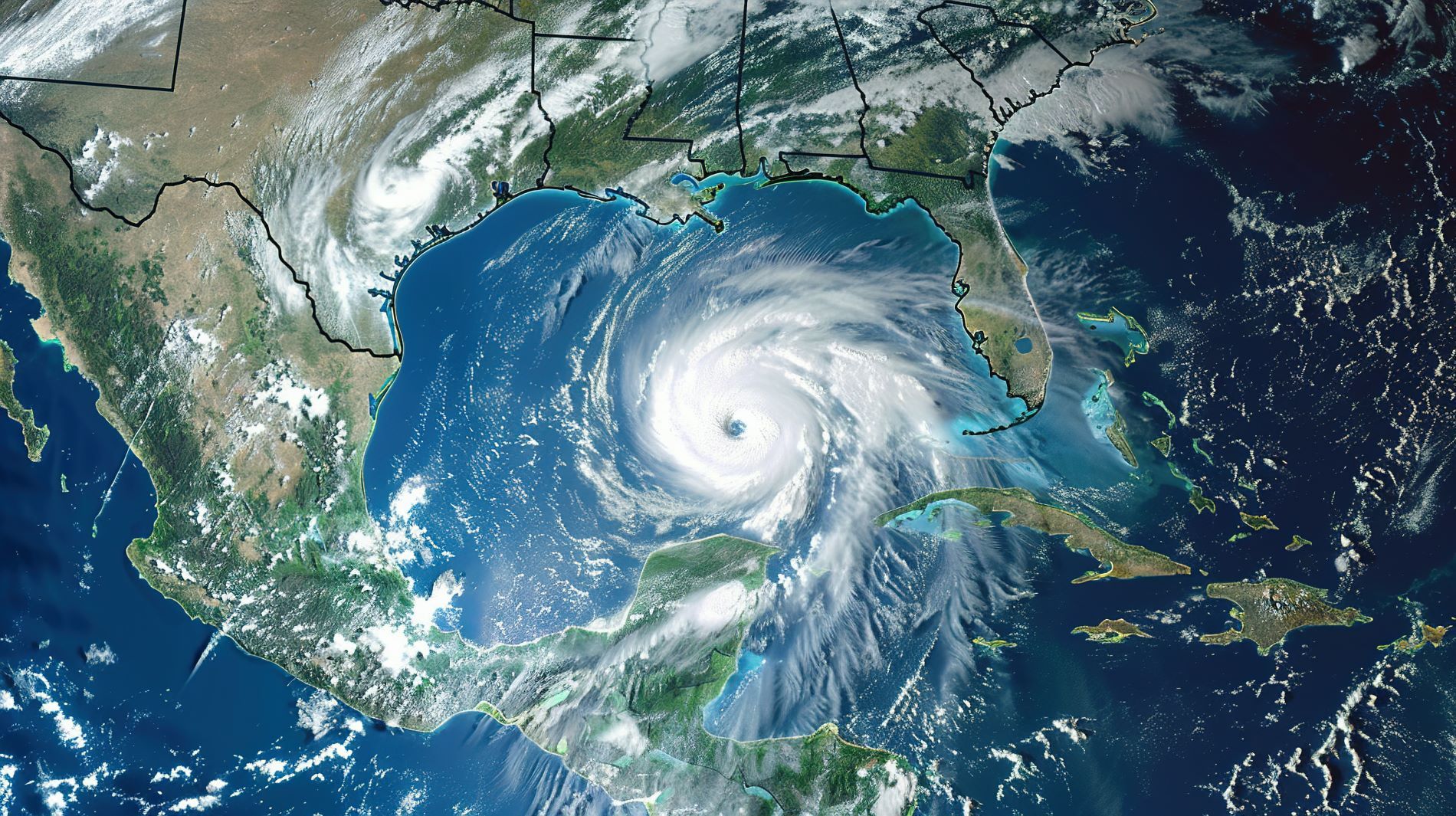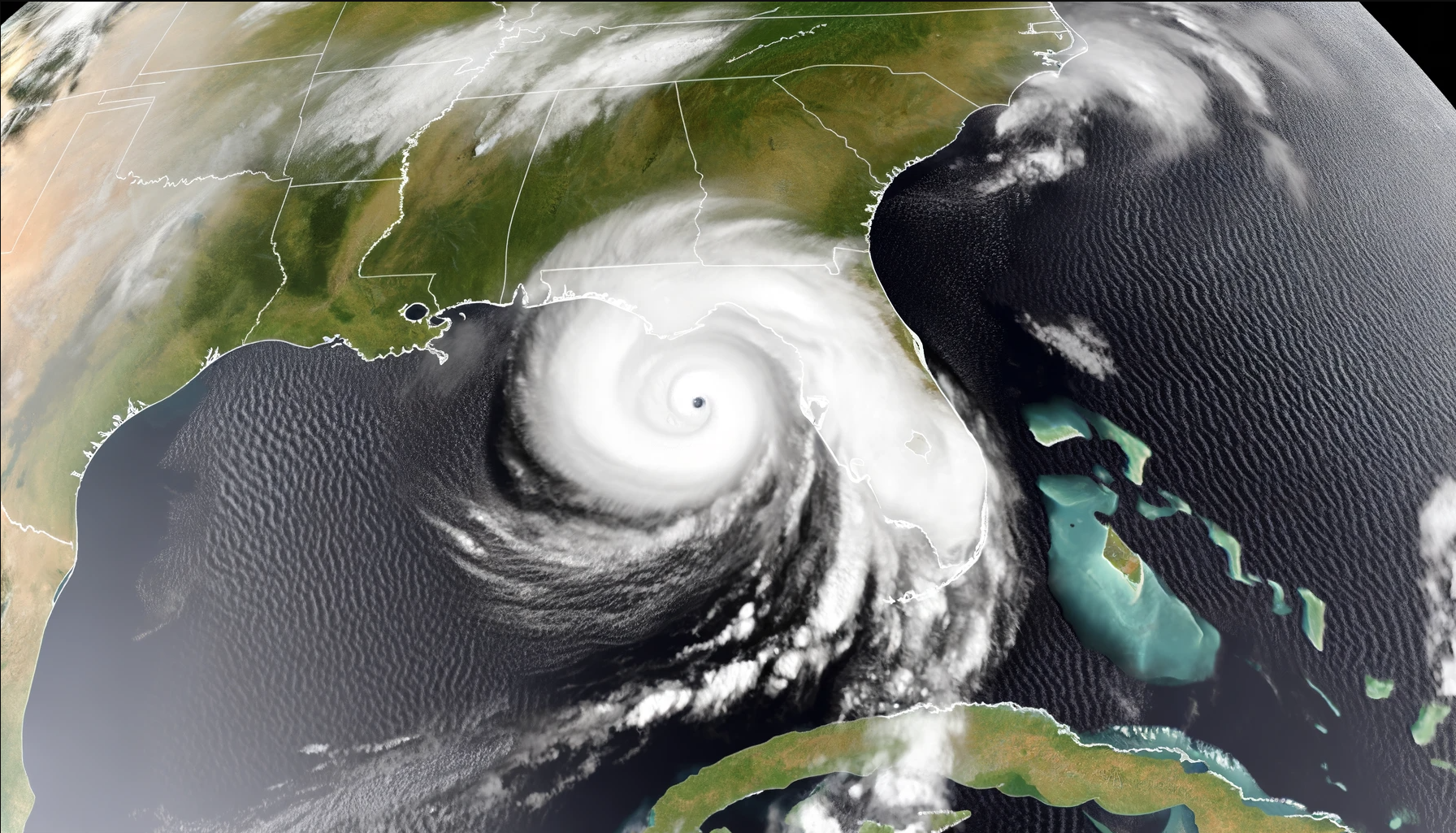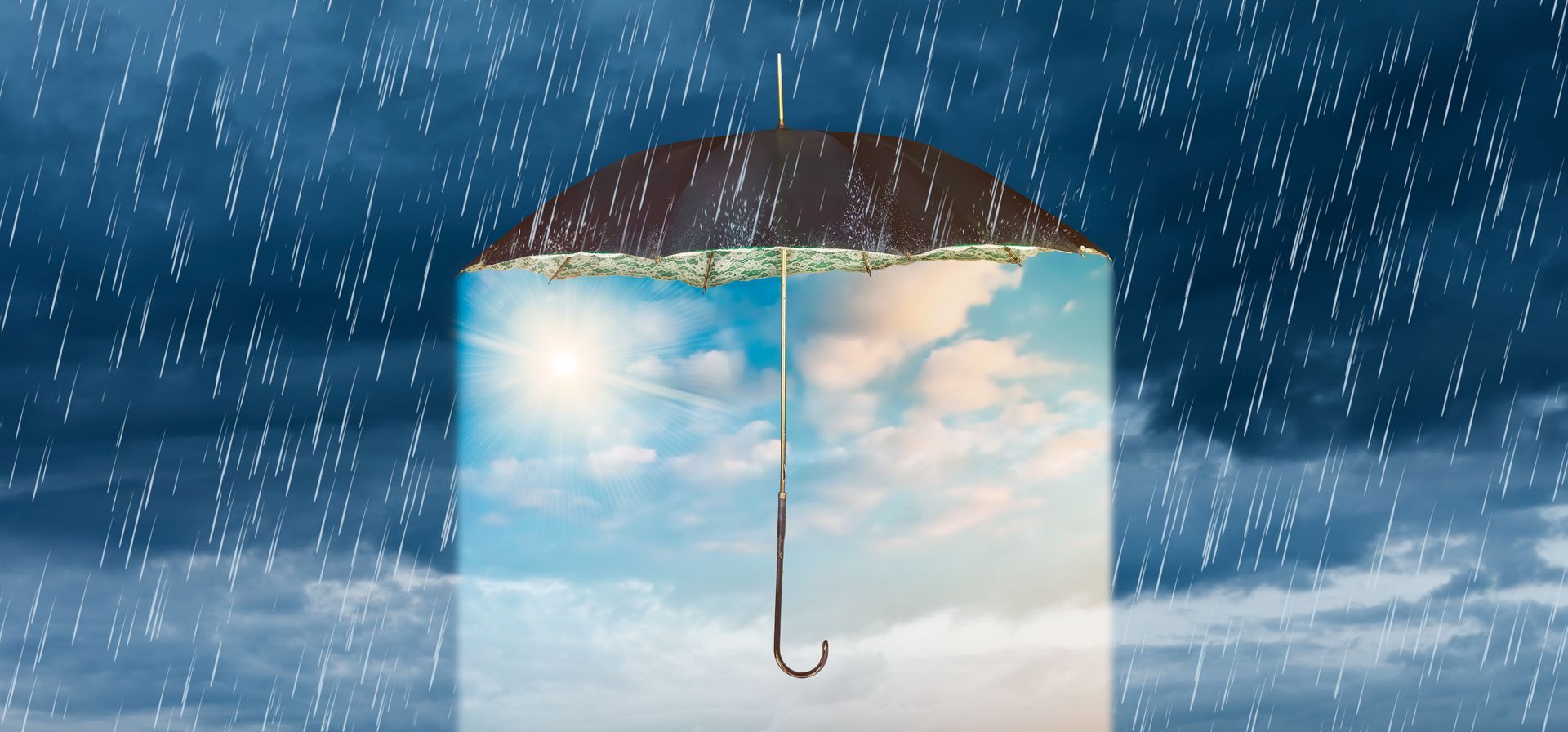Water Damage
Understanding Water Damage and Prevention

Water is an essential part of our daily lives, but when it finds its way into places it shouldn’t be, it can cause significant damage to homes and businesses. Water damage is a common issue that can result from various sources such as floods, leaks, and burst pipes. Understanding the causes and knowing how to prevent water damage can save you time, money, and a lot of frustration with high risk homeowners insurance.
Causes of Water Damage
- Natural Disasters: Heavy rains, hurricanes, and floods are among the leading causes of water damage. These natural events can lead to excessive water accumulation, overwhelming drainage systems, and seeping into buildings.
- Leaking Pipes: Aging or damaged pipes can develop leaks over time. Even a small leak can cause significant damage if not addressed promptly, leading to mold growth, structural damage, and increased water bills.
- Roof Damage: A damaged or aging roof can allow water to seep into the attic and walls, causing damage to insulation, ceilings, and electrical systems.
- Clogged Gutters: Gutters and downspouts that are not regularly cleaned can become clogged with leaves, dirt, and debris. This can cause water to overflow and run down the sides of the house, damaging the foundation and walls.
- Faulty Appliances: Washing machines, dishwashers, and water heaters can malfunction or develop leaks, leading to water damage. Regular maintenance and timely repairs are crucial to prevent such issues.
- Poor Drainage Systems: Inadequate drainage around the foundation of a building can lead to water pooling and eventually seeping into the basement or crawl space.
Prevention Strategies
- Regular Maintenance: Regularly inspect and maintain your plumbing system, roof, and appliances. Fix any leaks or damages immediately to prevent them from worsening.
- Proper Insulation: Ensure your home is well-insulated, especially in areas prone to condensation and moisture buildup. Insulation helps to maintain temperature and reduce the chances of water damage.
- Install a Sump Pump: A sump pump is a valuable tool for preventing basement flooding. Ensure it is in good working condition and consider installing a battery-operated backup in case of power outages.
- Clean Gutters and Downspouts: Regularly clean your gutters and downspouts to ensure they are free of debris. This allows water to flow freely away from your home, reducing the risk of water damage to your foundation and walls.
- Use Water Detectors: Install water detectors near potential problem areas like basements, water heaters, and washing machines. These devices can alert you to the presence of water, allowing you to address the issue before it becomes a major problem.
- Seal Cracks and Gaps: Inspect your home for any cracks or gaps in the foundation, walls, and windows. Use caulk or sealant to close these openings and prevent water from seeping in.
- Maintain Proper Drainage: Ensure the ground around your home slopes away from the foundation to prevent water from pooling. Consider installing French drains or other drainage systems to manage excess water effectively.
- Check Your Roof: Regularly inspect your roof for missing or damaged shingles. Address any issues promptly to prevent water from entering your home.
- Winterize Your Home: In colder climates, take steps to winterize your home to prevent pipes from freezing and bursting. Insulate exposed pipes and keep your home adequately heated during extreme cold spells.
Summing it up
Water damage can be a homeowner’s nightmare, leading to costly repairs and potential health risks from mold growth. By understanding the common causes and implementing preventive measures, you can protect your home from water damage. Regular maintenance, proper drainage, and timely repairs are key to keeping your home safe and dry. Taking these steps can help you avoid the stress and expense associated with water damage, ensuring your home remains a safe and comfortable haven.



